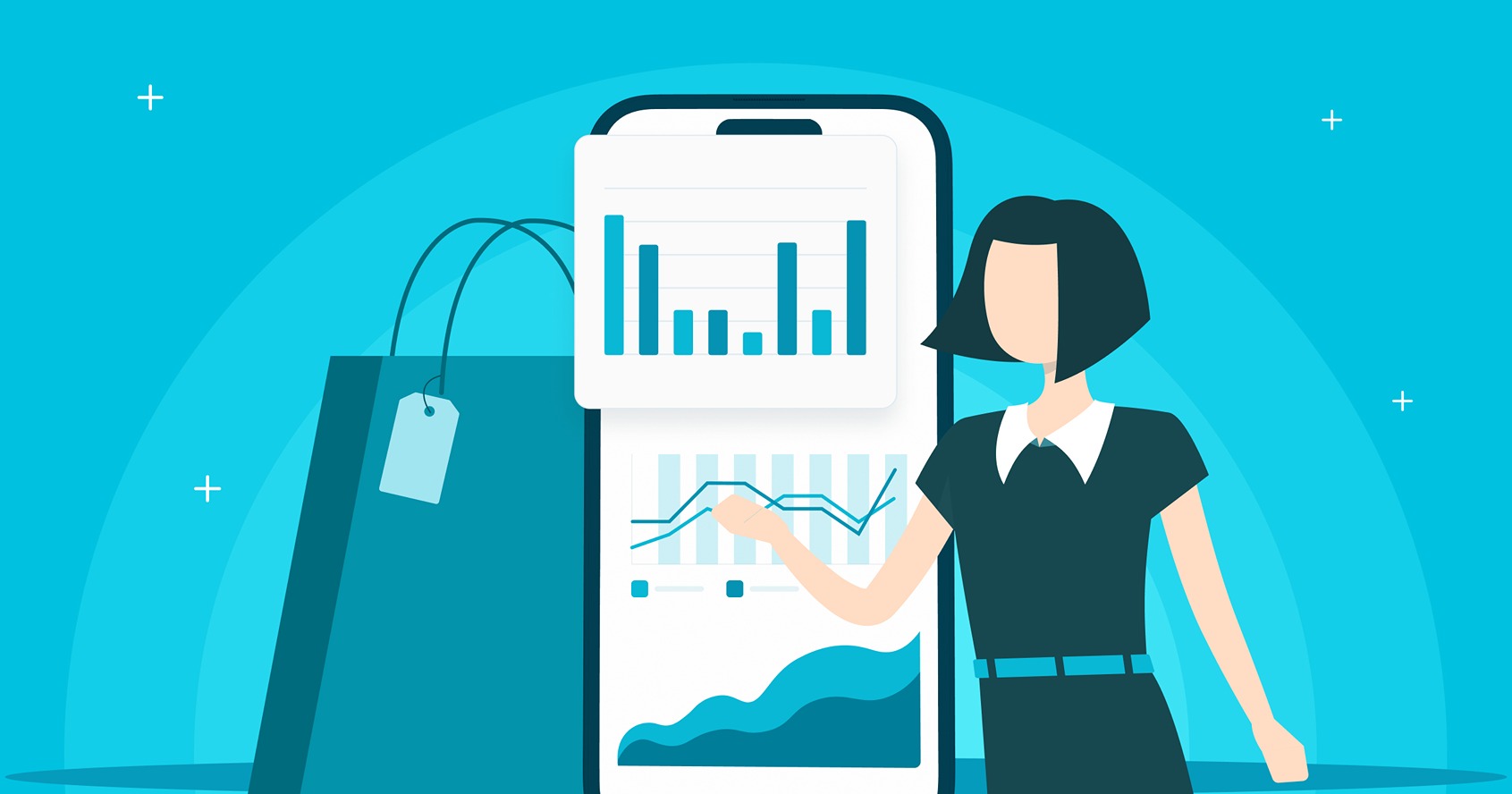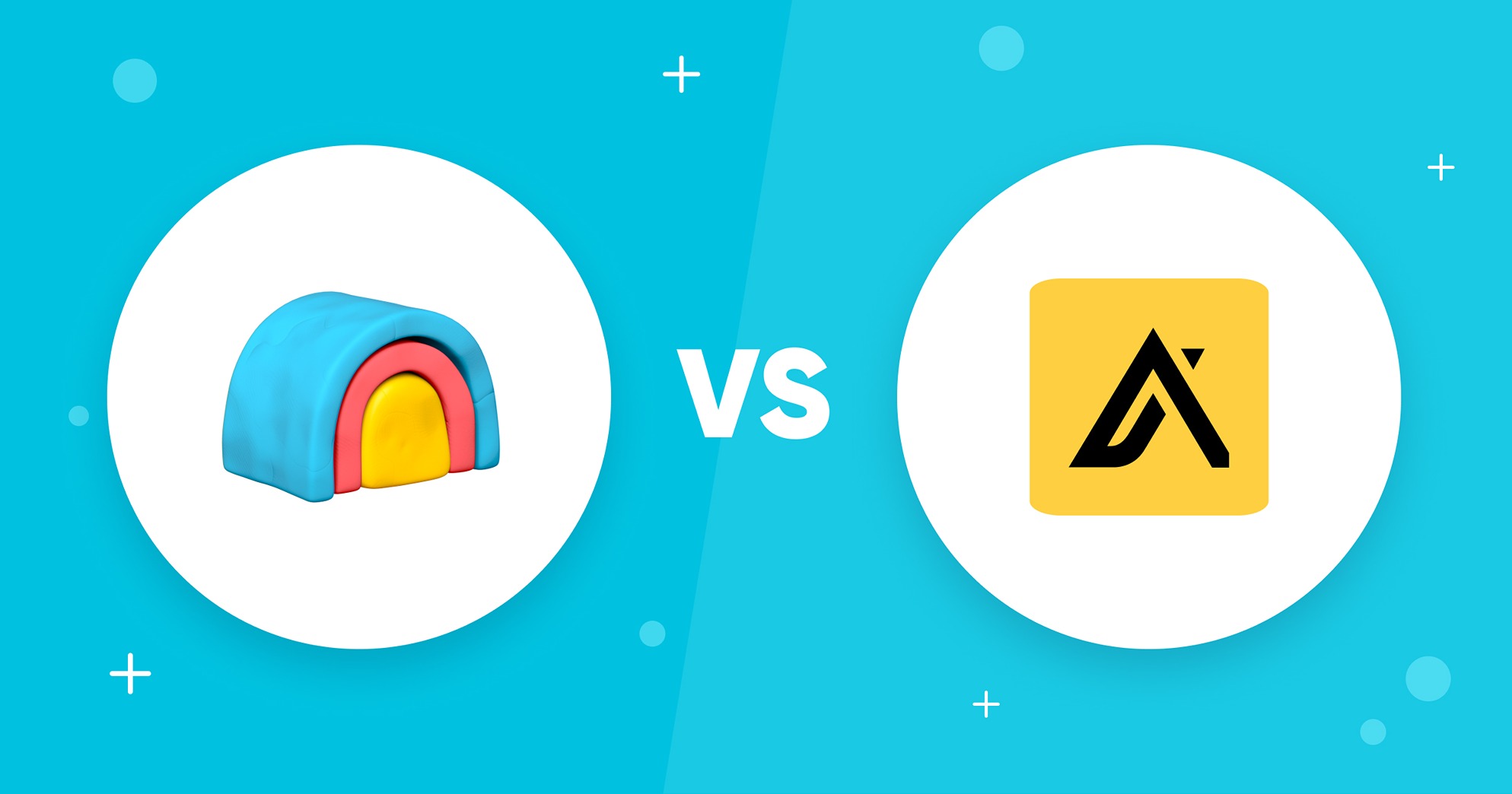Like yin and yang, sales and business development are interconnected forces that complement each other in driving business success. While distinctive in their focus and approach, sales and business development work hand in hand to convert different types of leads, build partnerships, and grow revenue.
This article explores the unique differences between these two essential teams. Clarifying their roles and responsibilities allows sales and business development professionals to work together seamlessly, maximizing growth opportunities.
What is Sales?
The sales department is the beating heart of revenue generation. Whether inside or outside sales, sales professionals are masters at converting prospective customers into customers and fueling sales enablement.
The sales arena is where a go-to-market strategy collides with real-world execution. It’s a numbers game played by driven tacticians focused on immediate results. Sales reps thrive on the adrenaline rush of closing deals today to drive profits this quarter.
From persistent SDRs nurturing leads to seasoned account executives negotiating major deals, sales teams wield their charisma and expertise to pitch products and shepherd clients through each sales cycle stage.
While not always glamorous, their role is undeniably vital. Sales is the tip of the spear when executing strategic plans and hitting sales quotas in the near term. Building a high-performing sales organization is mission-critical for companies seeking to accelerate growth.
What is Business Development?
Business development occupies the strategic high ground, spotting opportunities to expand markets and partnerships over a longer time horizon.
These professionals are equipped with a panoramic understanding of the competitive terrain, employing thorough market research and adept relationship-building to identify and nurture avenues for sustained organizational growth. Their focus diverges from the immediacy of quarterly sales targets, drifting instead towards the cultivation of alliances, penetration into untapped market segments, and laying a robust foundation for prosperity that outlives the current fiscal cycle.
They focus less on this quarter’s sales and more on cultivating allies, entering new segments, and laying the groundwork for long-term success. Business development is planting seeds today that may not bear fruit for years to come.
With keen perceptiveness and patient persistence, business development crews chart out expansive growth roadmaps. They are the architect’s engineering partnerships and progress.
Together with sales reps, business development representatives ensure your company can execute on immediate opportunities while continually strengthening its foundation for the future.
Sales vs. Business Development: Key Differences
When you look at sales and business development, they seem to be two sides of the same coin, yet they’re more like complementary currencies in the economy of business growth.
Time Frame
Sales professionals live in the now – they crave immediate results, swift conversions, and the adrenaline rush of closing deals as soon as possible. For a best-in-class sales team, it’s all about hitting targets and driving revenue within the current quarter or fiscal year. Their time frame is marked by urgency.
In contrast, business development teams play the long game. They focus less on immediate conversions and more on slowly nurturing relationships that may not pay dividends for months or even years. The marathon of business development demands vision, patience, and a willingness to make investments that may take time to yield returns. Their time frame is measured in seasons, not sprints.
Revenue Impacts
With sales development, the revenue impact is direct and swift. As sales reps convert leads into paying customers, cash flow immediately increases. There is a straight correlation between sales effort and financial reward. When sales are up, revenue rises.
On the other hand, business development initiatives are an investment in the future. Partnerships and market expansion cultivated by business development may not translate to revenue for years. The revenue impact is indirect and more difficult to quantify. Business development requires patience and a willingness to devote resources toward long-term strategic goals that may have delayed financial payoffs.
Day to Day Tasks
The daily tasks of a high-performing sales team lead toward one goal: closing deals. Sales roles revolve around:
- Qualifying and nurturing leads
- Initiating calls and emails
- Delivering presentations
- Negotiating contracts
It’s an unrelenting focus on driving immediate results.
Meanwhile, business development involves longer-term relationship-building. Daily tasks include:
- Researching potential new markets
- Drumming up partnership opportunities through networking events
- Collaborating with other business and sales development teams to identify future growth areas.
Instead of chasing conversions, a business development team focuses on laying the strategic groundwork for sustainable growth.
Customer Focus
Sales development professionals cast a wide net, targeting potential buyers who may convert into customers. They aim to identify prospects across multiple segments and verticals and then narrow them down to qualified leads.
Business development has a more targeted customer focus, zeroing in on forging strategic partnerships with accounts that can become revenue drivers. Instead of targeting all prospects, they focus on select accounts with the potential for an evolving, mutually beneficial partnership.
Organizational Hierarchy
Sales roles are often more junior positions, suitable for entry-level employees or recent grads looking to get a foot in the door and hone their skills. The sales floor is a training ground where drive and a hunger for immediate results can potentially reap high rewards.
Conversely, business development roles typically require more experience, business acumen, and strategic vision. Responsibilities like assessing markets, initiating partnerships, and long-term planning call for more profound knowledge of the industry landscape and overall business operations. Business development sits higher in the organizational hierarchy.
When Does Sales Pass Off to Business Development?
At what point should a sales rep pass a lead-off to the business development team? The answer depends on each company’s sales process and qualification framework— and there are several.
Typically, the handoff occurs when a lead has moved past the initial sales cycle and shown potential for an ongoing, strategic partnership. Sales professionals excel at generating those first conversions and getting new customers on board. But once a relationship demonstrates promise for broader collaboration or long-term engagement, it’s time for business development to step in.
Their goal is to steer promising accounts into deeper, sustained partnerships. Business development takes over when there is an opportunity to evolve beyond a standard transactional relationship into an alliance that fuels mutual growth.
For example, business development may nurture an existing customer who could become a brand ambassador or reference account. They might also build strategic alliances with companies that complement your product line.
The key is identifying accounts that warrant a dedicated strategic approach beyond the sales pipeline. Business and sales development reps then dedicate time and resources to cultivating those high-potential relationships into lasting partnerships that pay dividends down the road.
The sales-to-business development handoff requires team alignment to ensure a smooth transition. With coordination, sales and business development can combine to convert promising leads into long-term business relationships.
Looking More Closely at Sales vs. Business Development Jobs
Diving into the heart of the matter, let’s zoom in on what makes each of these roles unique yet symbiotic.
Typical Sales Job Role
In sales, the role is clear-cut: as a sales professional, you are the engine driving the sales process. Your goal? To convert leads into sales and inquiries into transactions. A typical sales job description may read:
- Identify and qualify leads, progressing them through the sales cycle.
- Develop and maintain relationships with prospective and existing customers.
- Understand customer needs and offer solutions and support.
- Organize and coordinate sales presentations.
- Achieve personal and team sales targets.
- Use SDR tools like UpLead to capture sales initiatives.
- Monitor competitors, market conditions, and product development.
Junior sales roles like Sales Development Representative require resilience and work ethic to hit activity metrics. Senior salespeople combine technical mastery with executive presence to land significant accounts. But across all levels, being part of a top-notch sales development team demands execution excellence to hit targets today.
Typical Business Development Role
On the flip side, business development reps focus on the long-term vitality of your company. A standard job description for a business development professional might include:
- Identify new business opportunities – including new markets, growth areas, trends, customers, products, and services.
- Think strategically – seeing the bigger picture and setting aims and objectives to develop and improve the business.
- Work strategically – carrying out necessary planning to implement operational changes.
- Develop relationships with prospective partners and maintain existing company relationships.
- Understand the core values and ethos of the company and reflect this in all business strategies.
Developing strategies that ensure sustainable success takes perception, creativity, and persistence. You are the visionary, architect, and relationship builder rolled into one.
FAQs About Sales vs. Business Development
When immersed in the intricate dance between sales and business development, several questions may whirl through your mind. Is one better than the other? How do the roles truly differ?
Both are essential to the lifeblood of your company. Sales are your company’s heartbeat, pumping immediate revenue through your organization. Business development is the breath necessary for long-term survival, expanding your company’s reach through strategic partnerships and entry into new markets.
Hierarchy in job titles can be deceptive. At the same time, a Business Development Manager (BDM) often works with a broader strategic scope; sales managers are the tacticians leading the frontline of your sales funnel. An SDR manager is key in generating closes. Each role commands unique skills and responsibilities crucial at different customer and client engagement points.
A business development representative (BDR) focuses on the future, scouting out business development opportunities and relationships that ensure sustainable growth. Sales development reps, however, concentrate on the now, employing their skills to guide potential customers through the sales process toward a successful close. The workstreams of business and sales development representatives complement each other.
Sales development is the direct push to find leads, move them down the pipeline, and close deals. Business development strategically cultivates partnerships and market opportunities that may not immediately convert into sales. Marketing, distinct yet complementary, is the magnetic force that attracts potential customers and creates interest in your products or services.
What You Need to Remember About Business Development vs Sales
At the end of the day, whether you’re fine-tuning your sales department or your business development process, remember this: both avenues are geared towards the prosperity of your company. Business development and sales are two sides of the same coin; while they may look different and function separately, they’re united in the ultimate goal of growing your business.









